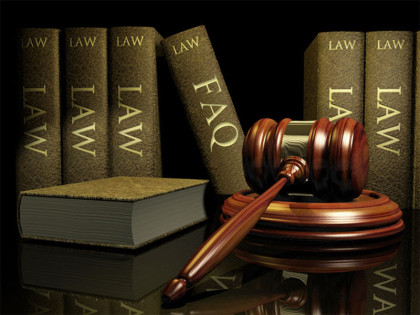-
16 Apr Off

It sometimes becomes necessary for individuals to take responsibility for the care and wellness of their loved ones. However, not every case is the same. For instance, a minor needing guardianship is not quite the same as a senior that requires guardianship.
Whatever the circumstances are, having an experienced guardianship attorney in Wisconsin, can help you navigate the process effectively and reduce stress and uncertainty. I’ll explain to you the role of a guardianship attorney how we can help secure the ones you love.
What is Guardianship?
Guardianship is a legal process used when an individual can no longer make decisions or manage finances or are susceptible to fraud or undue influence.
Setting up guardianship may remove all rights from the ward; therefore, it should only be considered after every other alternative have been exhausted.
What a Guardianship Lawyer Does?
A guardianship attorney can help g a loved one petition to become appointed as guardian for the ward.
Also, the legal advisor will help and go with the petitioner as they show up at imperative court dates. All through the procedure, the attorney serves as an advocate for the petitioner in their quest for legal guardianship.
How Is Guardianships Different From Adoptions?
A guardianship is a legally approved relationship between a ward and a guardian; it gives the guardian certain rights and commitments with regards to the ward. Guardianship does not end the relationship of a child with his or her actual parents.
While an adoption, permanently modifies the relation between a kid and his or her biological parents. Parents who adopted the child become legal guardians and biological parents give up every parental right and obligations.
When Is Guardianship Necessary?
Guardianship is vital for a variety of circumstances.
Sometimes the need emerges after a friend or family member has experienced a debilitating mental illness. Other times it’s essential for the elderly, particularly when they are suffering from any dangerous disease.
Another circumstance includes looking after minor kids that, for whatever reason, do not have a responsible adult to care for them. This is because there is no Will set up at the time of the parent’s demise.
How do guardianships end?
A few occasions normally trigger the end of a guardianship:
- The demise of the ward
- The child achieves the legal age of majority which is typically 18 in many states
- A judge discovers that a guardianship is not any more essential or valuable for the child or elderly
- The sole reason for the guardianship was to deal with the finances, and the financial resources are depleted.
- Guardians can also ask a court to be relieved of his or her guardianship, and the court will appoint another guardian.
Taking the Next Step
Guardianship can be an imperative tool when you try to protect the well-being and the interests of your loved ones. To know more about how an attorney can help your circumstance, plan a consultation with us today! Call me at 262 812-6262 to arrange a complimentary meeting.


Related Articles
Comments are closed.







